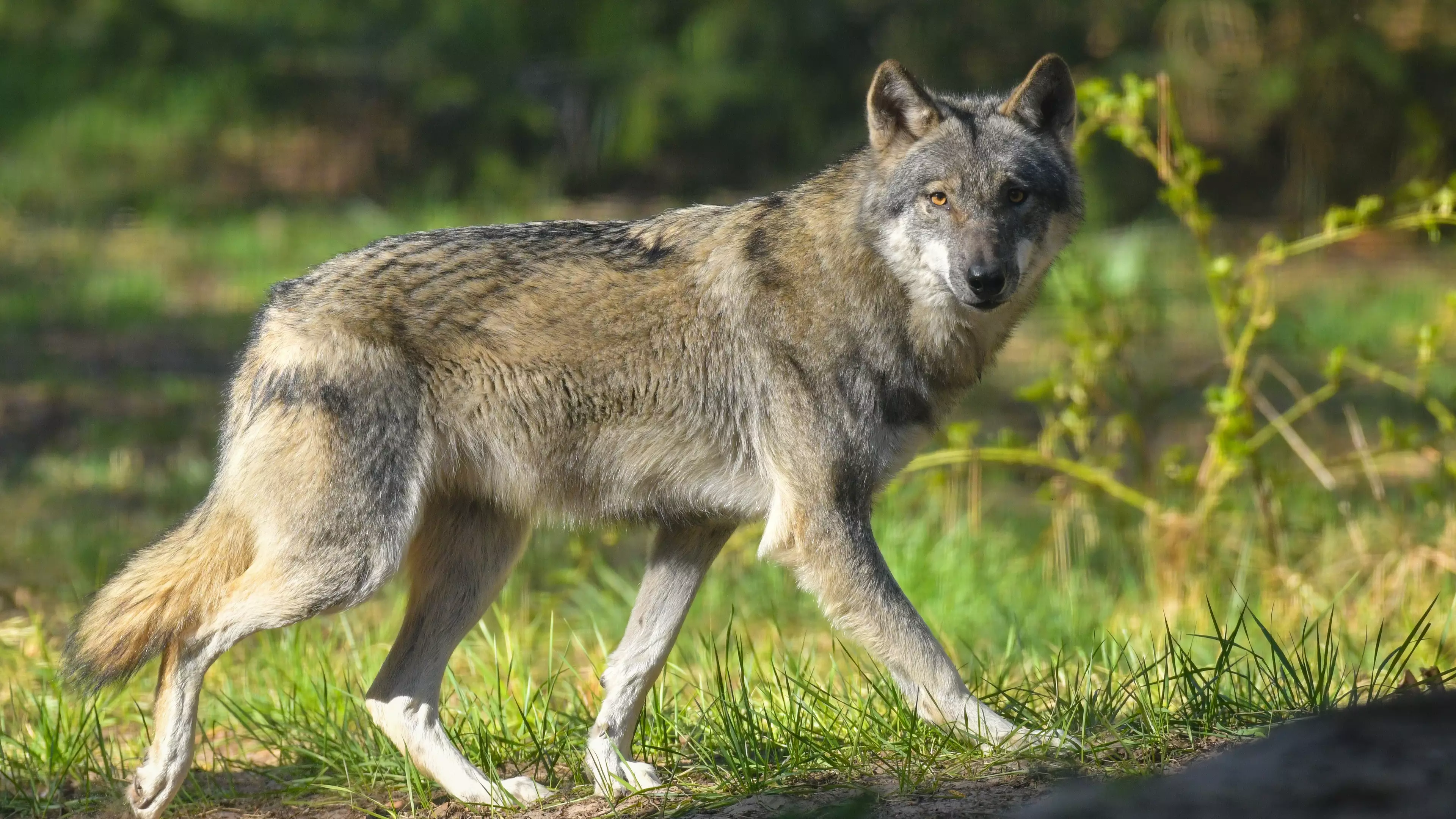
A study has found that humans are responsible for nearly all mammal extinctions over the past 126,000 years.
It's good news of sorts for mammals as the study also found that very few of them have been driven to extinction thanks to changes in climate; unfortunately for those alive today that's scant consolation given that they still have to share the planet with us.
The findings were published in a recent edition of Science Advances, with scientists concluding that a whopping 96 percent of mammal extinction were due to the actions of humanity.
Advert
Furthermore, they predicted a scenario that could see 558 further mammal species extinct by the year 2100.

That's not to say that climate change won't be a factor going forward, with this latest study admitting many species will find the consequences of human-influenced climate change challenging.
Advert
Using a case study pool of 351 mammals that have become extinct since the beginning of the Late Pleistocene epoch, almost 12,000 years ago, the research looked at species including mammoths, sabre-toothed cats, and giant ground sloths to ascertain the reasons for their demise.
The study's co-author Daniele Silvestro said: "We find essentially no evidence for climate-driven extinctions during the past 126,000 years.
"Instead, we found that human impact explains 96 percent of all mammal extinctions during that time."
Mr Silvestro added: "However, current human-caused climate change is a novel phenomenon with different pressures, and together with fragmented habitats, poaching and other human-related threats, it poses a large risk for many species."
Advert
Among other notable discoveries during the study including the finding that extinction rates in Australia, North America and Madagascar increased drastically following the arrival of humans. There is also a belief that past extinctions did not happen at a consistent pace, but have instead happened in spurts.
Tobias Andermann, of the University of Gothenburg, who is the lead author of the study said: "We can save hundreds if not thousands of species from extinction with more targeted and efficient conservation strategies.
"But in order to achieve this, we need to increase our collective awareness about the looming escalation of the biodiversity crisis and take action in combating this global emergency.
"Time is pressing. With every lost species, we irreversibly lose a unique portion of Earth's natural history."
Featured Image Credit:Topics: World News, Animals